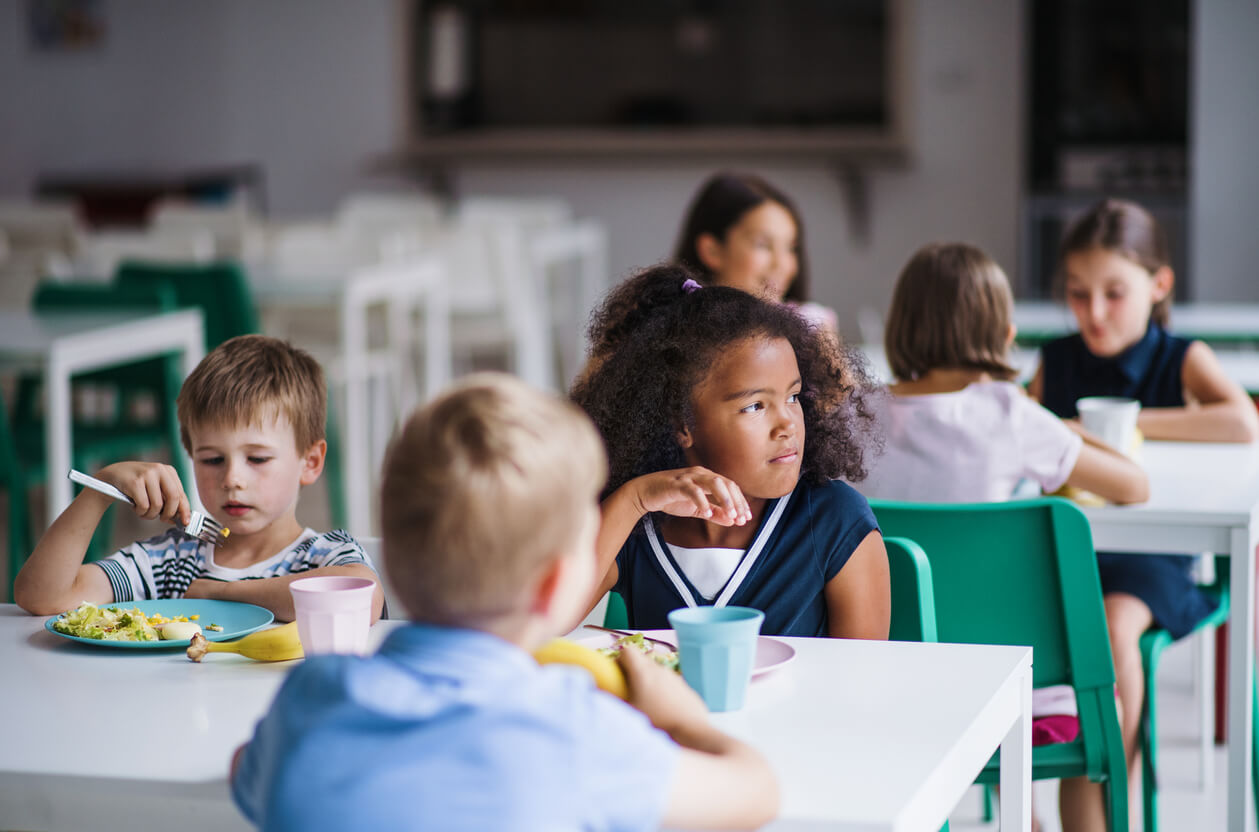 CAES News
CAES News
UGA study shows all students benefit from healthy school lunches
School lunches have come a long way from square pizza and fish sticks, and students across the board are benefiting from improved nutritional standards in the cafeteria. A new study from the University of Georgia found that children from all walks of life improved their diet quality when they ate school-prepared lunches following the Healthy, Hunger-Free Kids Act nutritional guidelines instead of home-prepared lunches.


